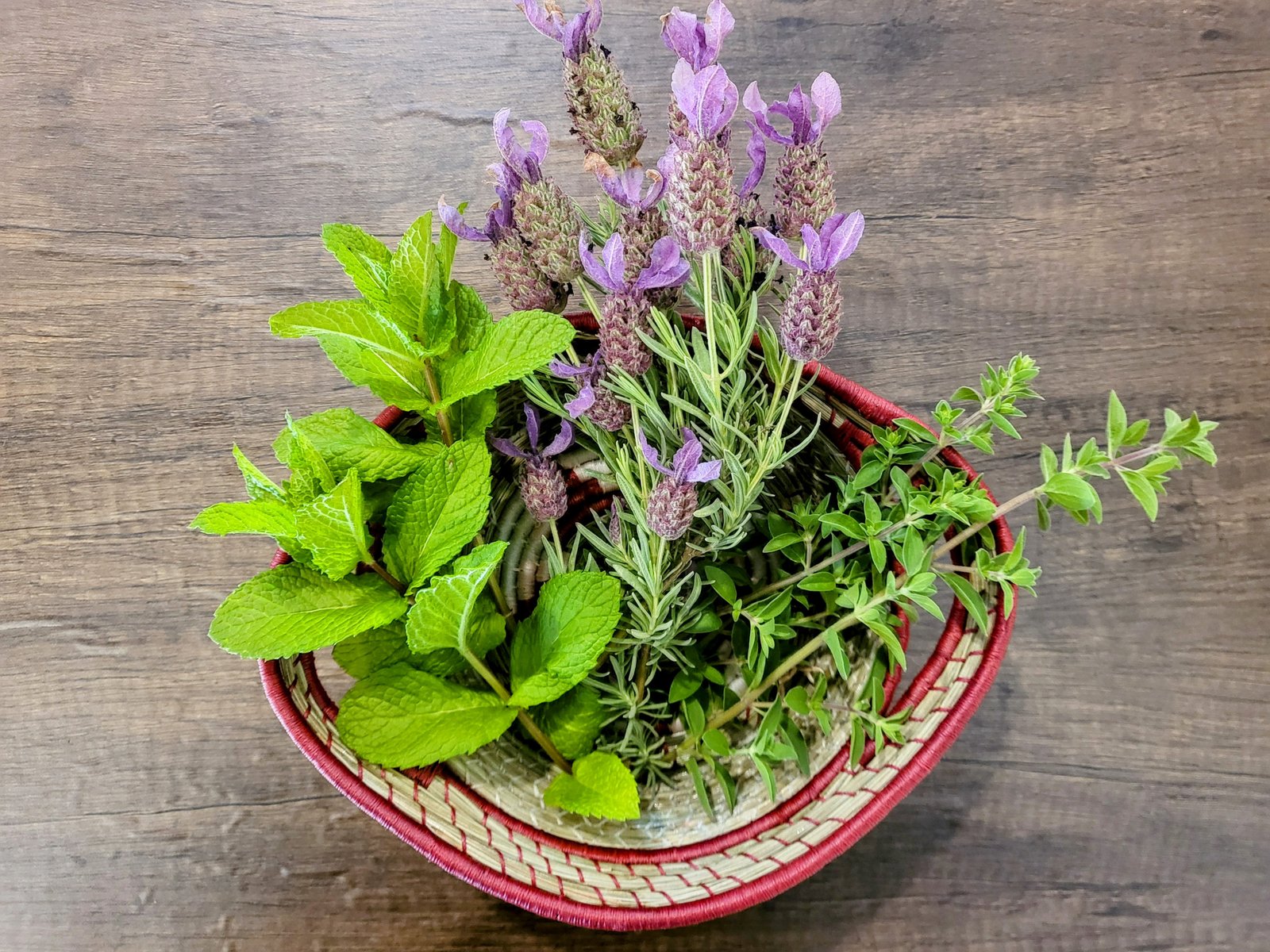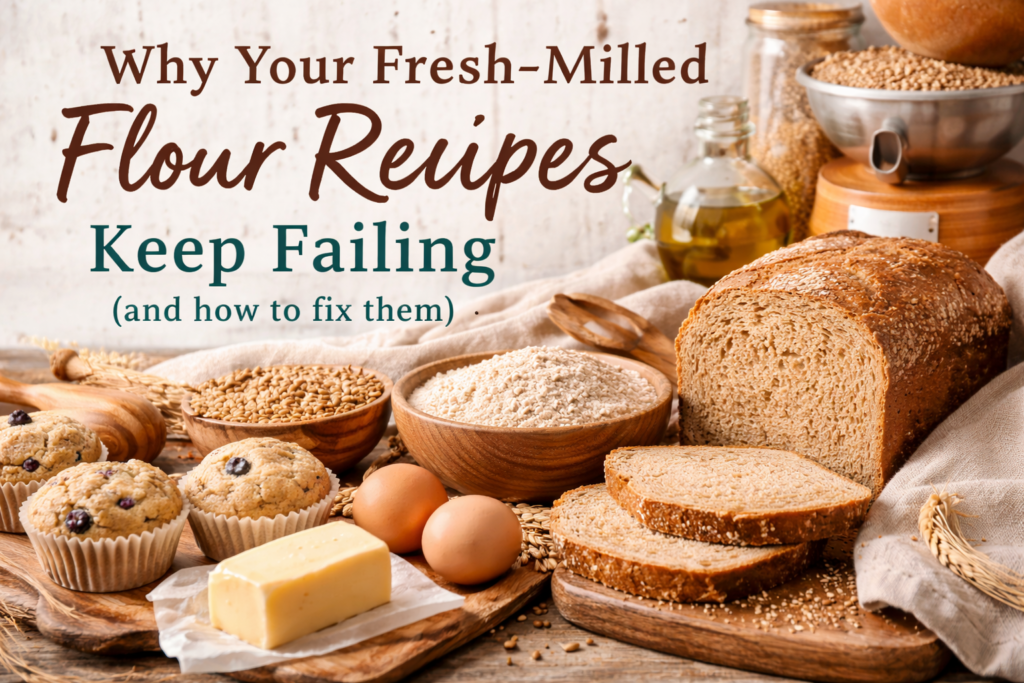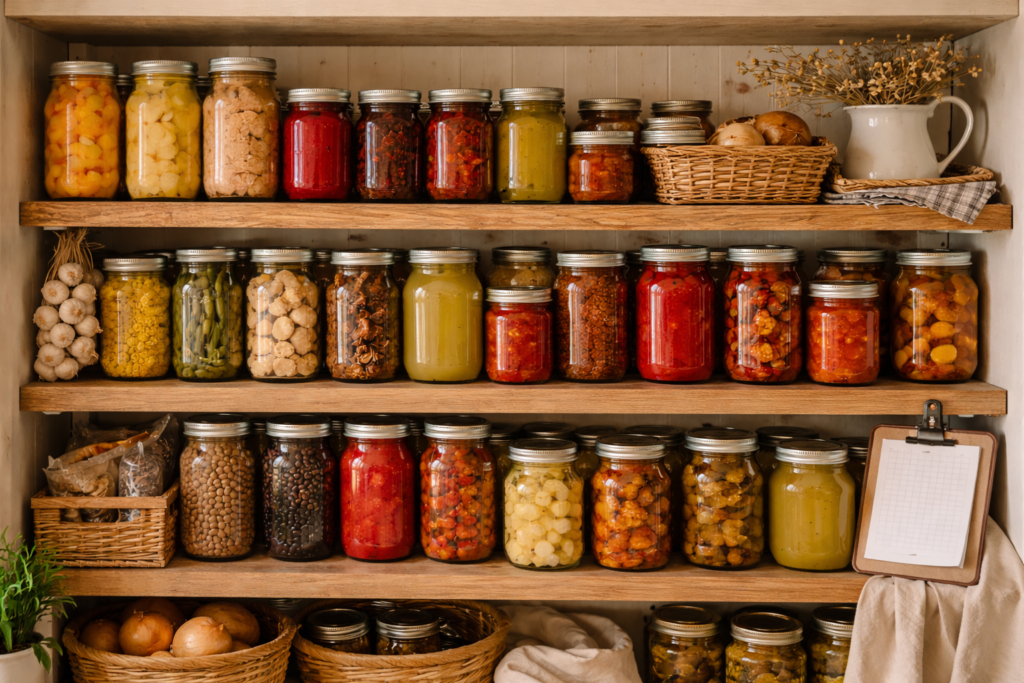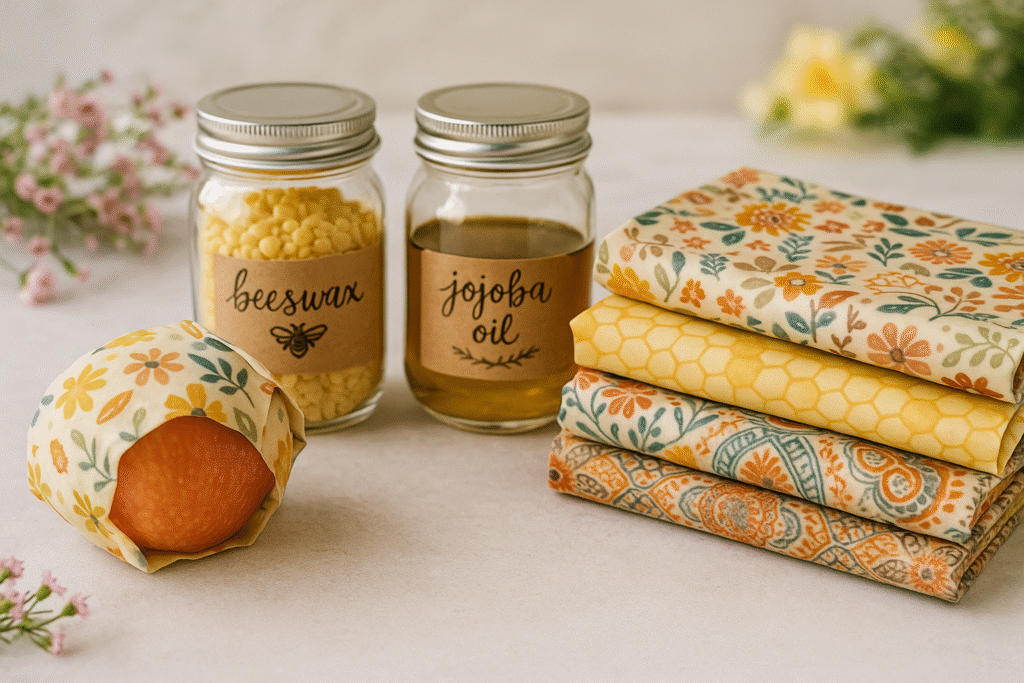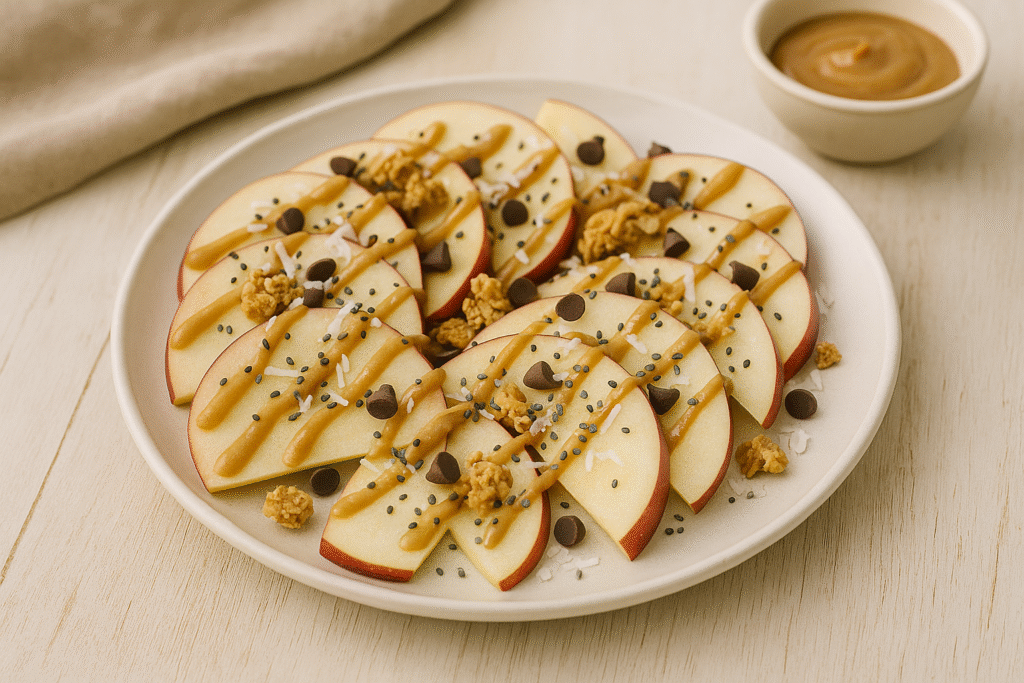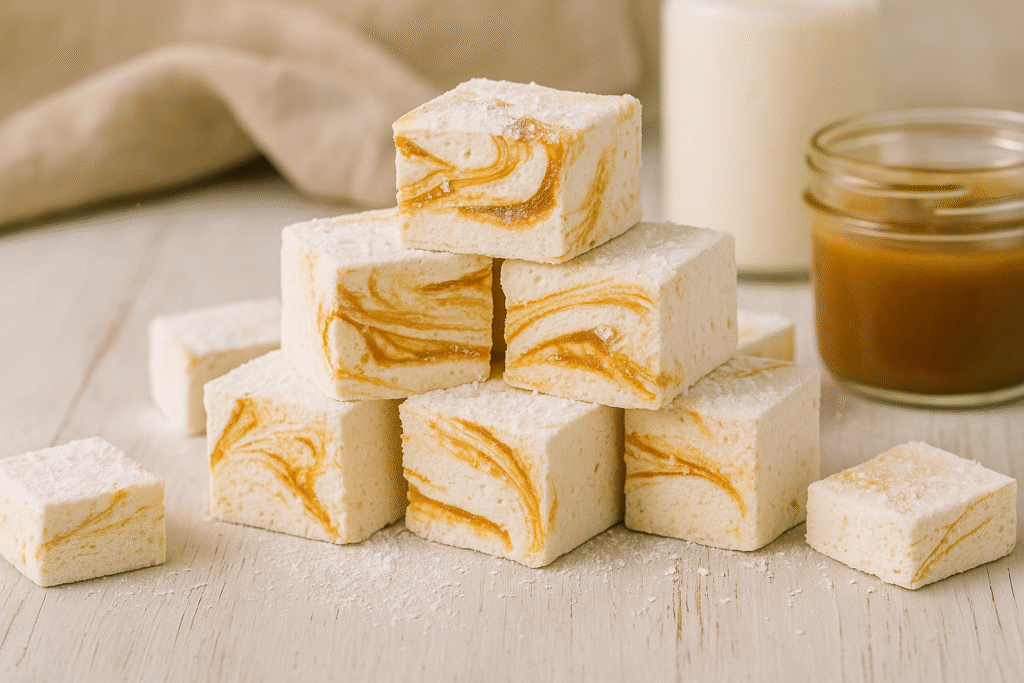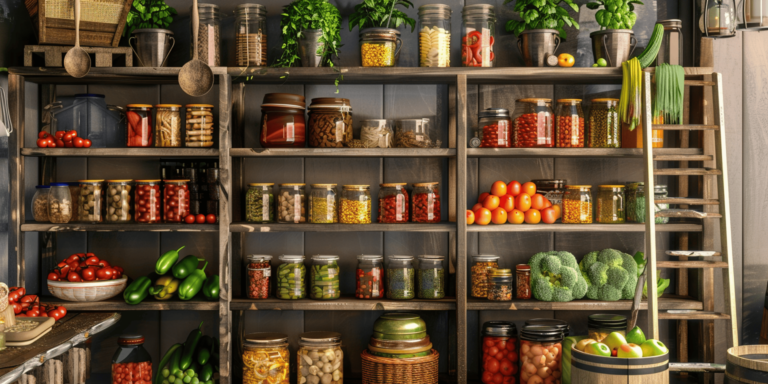Herb Garden
This section is all about having an herb garden. In my herb garden, I have culinary herbs as well as what most people would consider weeds. Culinary herbs, medicinal herbs and weeds all play an important role in my garden and I’ve carefully selected what I want to grow.
For herbs and weeds, you can have areas that are just for them or they can easily be incorporated into your existing spaces. Sometimes, they make great companion plants. Other times, you might need to keep them in a container of their own. Plants in the mint family should always be planted in a container as they can easily take over your entire garden.
Culinary Herb Garden
Culinary herbs are the ones you use for cooking and there are a lot to choose from. You could go as simple as some fresh basil and oregano or as far as growing your own pepper tree and drying your own paprika peppers. The choice is yours.
To get started, I would recommend a few of the more common ones. Thyme, oregano, basil, chives, parsley and rosemary are all fairly easy to grow and require minimal effort to use. You can use them fresh or dry them for future use.
Some herbs that are fun to grow, but a little less common are mustard, paprika peppers, fennel and lovage. Mustard is a great plant for not only making your own mustard from the seeds, but eating the greens as well. Paprika peppers can be smoked and dried, then ground into pepper. They resemble a bell pepper when ripe. Fennel is one that tastes a bit like black licorice. Lovage tastes like a combination of celery and parsley and will grow quite large. They take two years to get going, so be sure to plan accordingly.
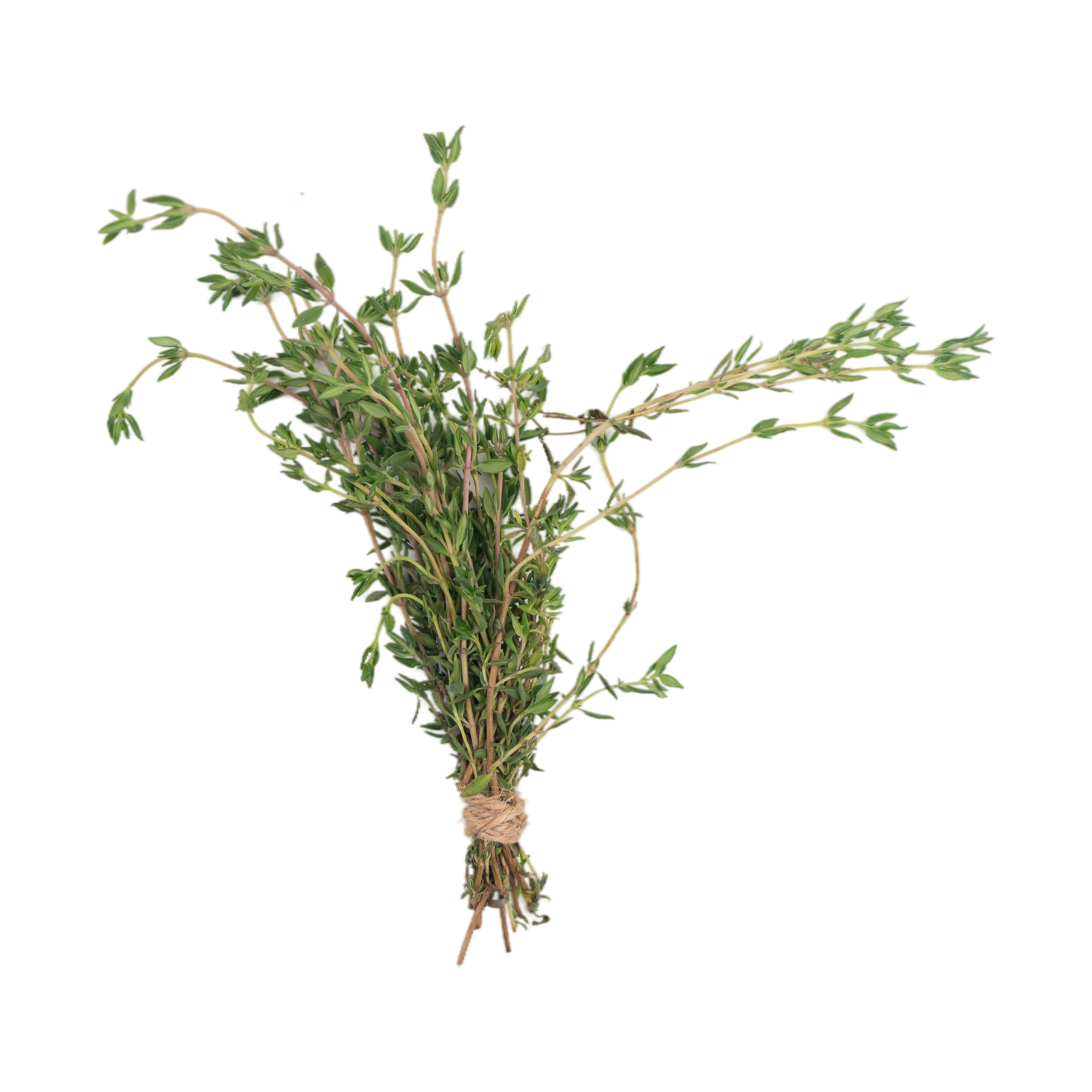
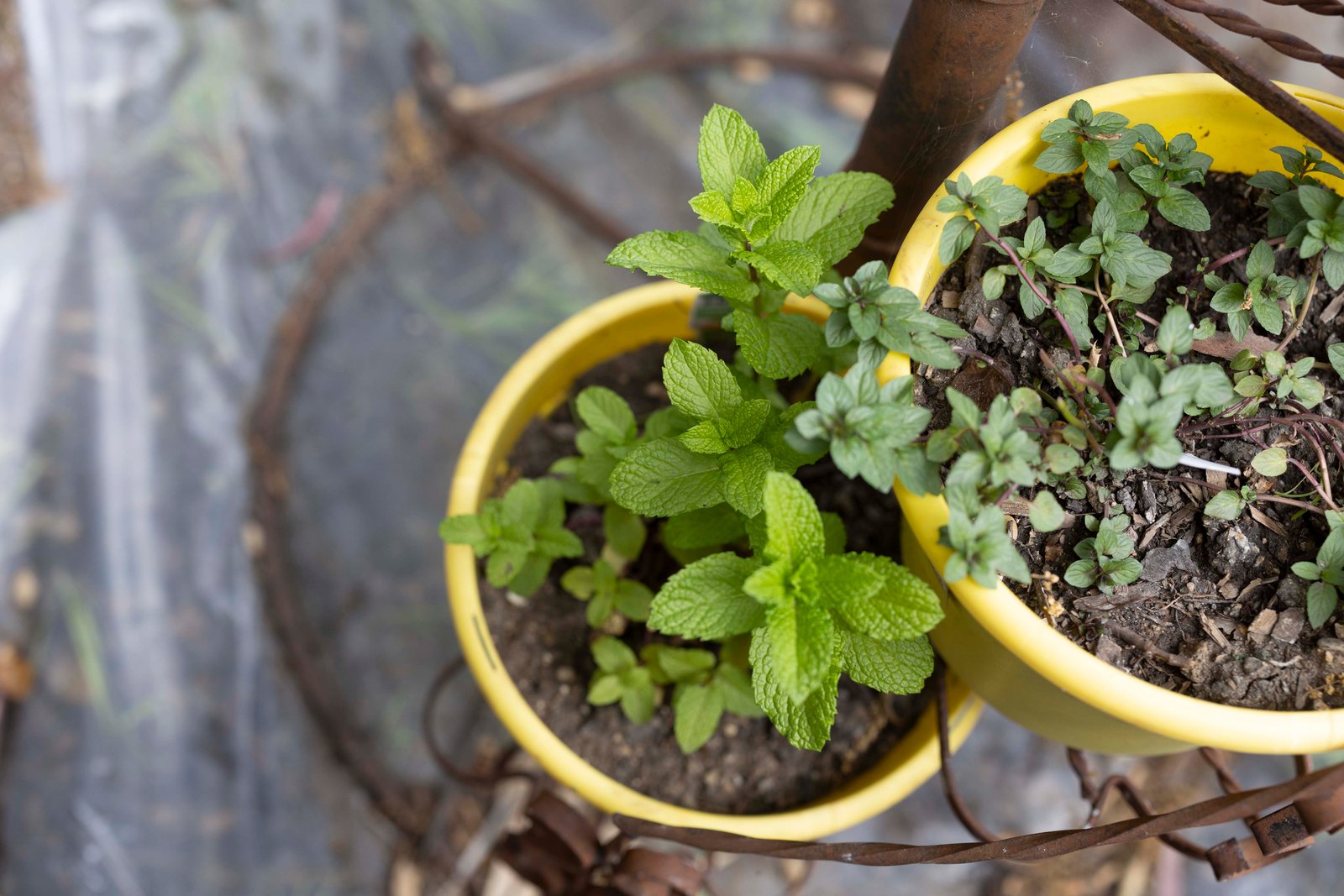
Medicinal Herb Garden
Most of the herbs we use to flavor our food have boundless health benefits as well. I love learning about all the health benefits of common herbs. For instance, did you know that thyme has been shown to help with osteoporosis? This article from The National Library of Medicine shows a link between thyme and rosemary in the prevention of osteoporosis. How cool is that?
Mint can help with asthma symptoms as well. There are so many uses for the herbs we already use! It’s truly incredible. These common herbs and their benefits made me curious about other herbs that I could grow simply for their medicinal uses. I have another section devoted to herbal benefits because they really deserve their own section. But in my garden, my budding medicinal herb collection is full of yarrow, mint, lemon balm, calendula, chamomile, lavender, echinacea, and aloe. I have plans for many, many more.
Weeds To Grow
Yep, you read that right. There are weeds you WANT to grow! The more I learned about those pesky little things, the nicer I was to them. Today, I even go so far as to transplant weeds from my yard to my garden. Why would I do that, you ask? Well, many of what we call weeds today, our ancestors called medicine. Don’t get me wrong…I don’t think herbs and weeds can take the place of modern medicine. Not at all! But I do think we need to give herbs a chance.
What on Earth made me think to try any herbal medicine? Recently, I battled year-round allergies so bad that I ended up needing surgery. Not just any surgery, but a four-hour nasal surgery that not only removed polyps that were completely blocking my nasal passages, but widened my nasal canals in anticipation of future problems. Before surgery, I was taking three allergy medications and my allergies were still not controlled. It wasn’t good. I thought it was hopeless and I would just have to live with a dozen or so sinus infections every year.
Then, I stumbled upon an ad for a children’s adventure packet. One of the things in it caught my attention because I thought there was no way it could be accurate. It said that stinging nettle was poisonous. I was pretty sure it wasn’t, so I did a little research of my own. What I found literally changed my life. I learned that not only is stinging nettle not poisonous, but it is extremely beneficial. As I read more and more, I was convinced that it’s antihistamine properties might be able to help me. So I ordered some capsules of stinging nettle. I figured it might not work, but it was worth a try.
I started taking it daily, but I didn’t notice a difference. A friend told me to give it time, so I kept taking it. I still didn’t notice anything at all. I still needed my daily allergy pill that the doctor recommended. Then, one day, I forgot to take the nettle. A few hours later, I was able to go about two minute, at most, before needing to blow my nose. It was awful! Once I realized I had forgotten to take the nettle, I quickly downed a couple of capsules and hoped for the best. This was a great test to see if they were actually doing anything. Well, wouldn’t you know it! Within 30 minutes, I was back to normal. I was shocked and I’ve been a true believer ever since.
The thing with herbs is that since they take so long to build up in your system, you don’t always notice when they’re working. And in our instant-gratification-seeking society, that doesn’t work for most people. I didn’t notice when the nettle started working for my severe allergies, but I sure noticed when it wasn’t working anymore!
Now, I have stinging nettle, comfrey, marsh mallow, plantain, milk thistle, cleavers and so much more growing in my yard. I highly recommend looking into herbal remedies. I don’t recommend discontinuing your modern remedies, but adding some beneficial herbs after consulting with your doctor about it might help tremendously. Just be sure to check with your doctor because some herbs can interfere with your prescribed medication or can cause complication with certain conditions.
Herbs can be great as companion plants. They attract pollinators and repel pests. Just be sure that you are planting the right plants together. In some cases, the herb might attract the pest you are trying to avoid.
Many herbs are perennial. Keep this in mind when deciding where to plant them. You might like your basil with your tomatoes this year, but next year, something else will be in that planter and you might not want it sharing space with your basil.
I plant a lot of my herbs around the perimeter of my garden. Many of them are flowers and they do a great job of bringing tons of pollinators into my garden. An added plus is that they look good! I love having my garden surrounded by beautiful flowers that also serve medicinal and culinary purposes.
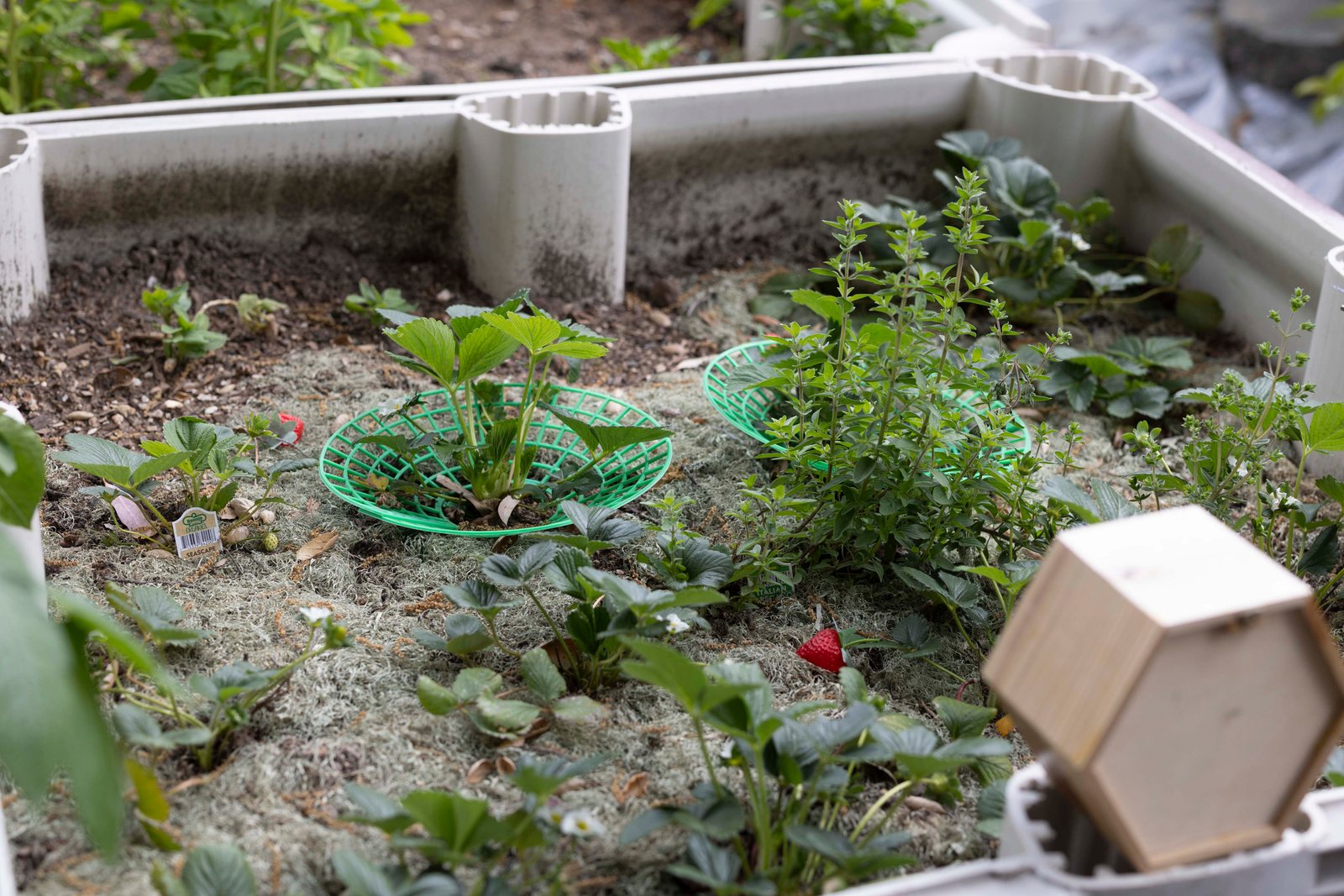
Container Herbs
Some herbs should be kept in a container at all times. Herbs in the mint family should always be grown in a container. You don’t want any herb to take over your garden and mint will do that very quickly.
Most of the weeds I grow in my garden are kept in pots for this very reason. I know most gardeners will leave their medicinal plants to grow in the ground, but with limited space, I need to keep mine a little more controlled.
